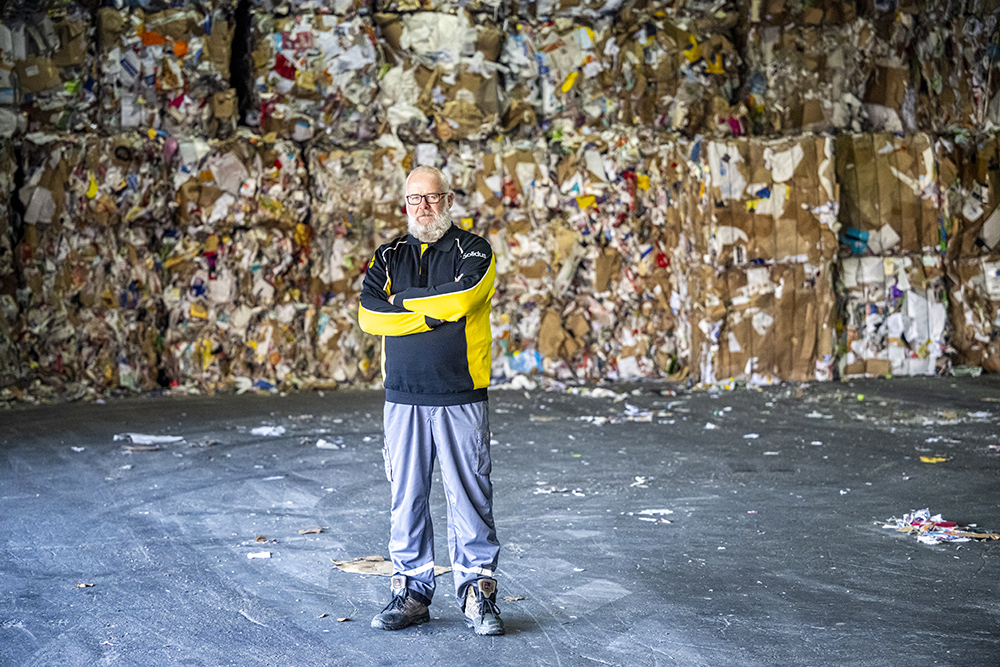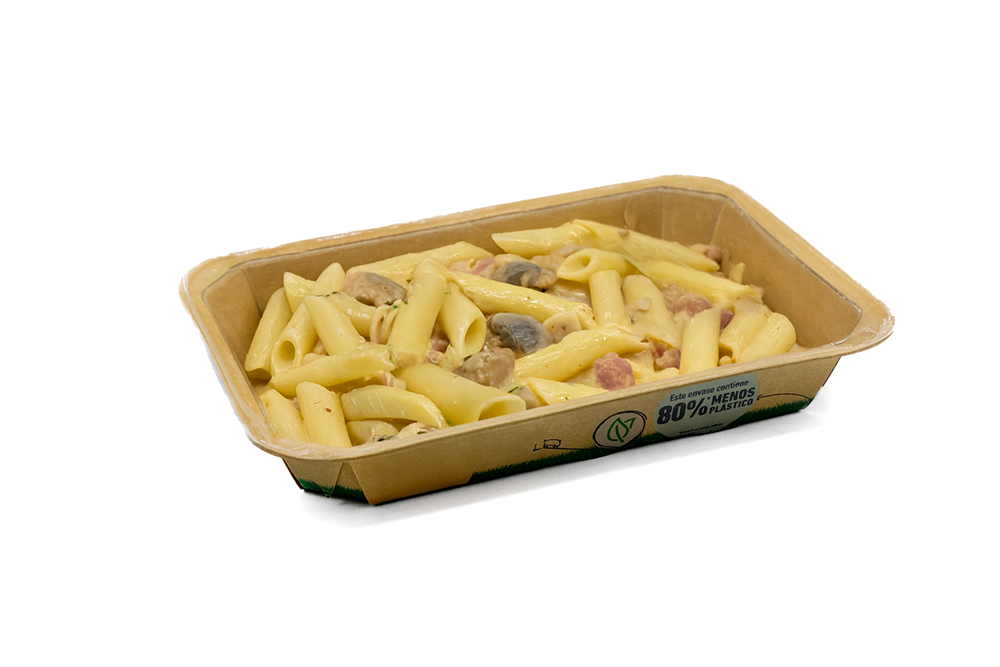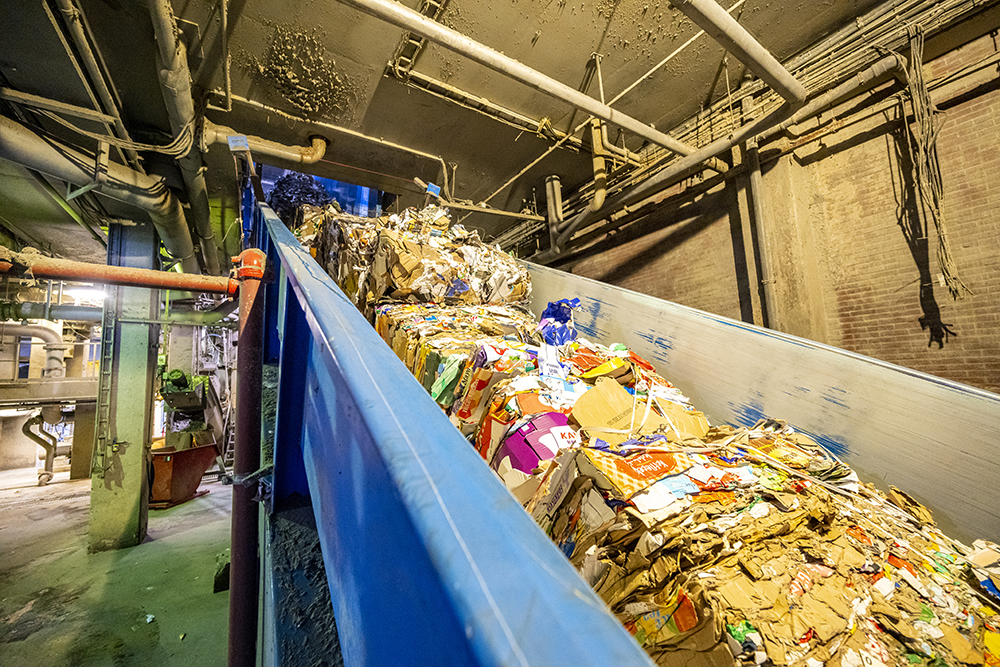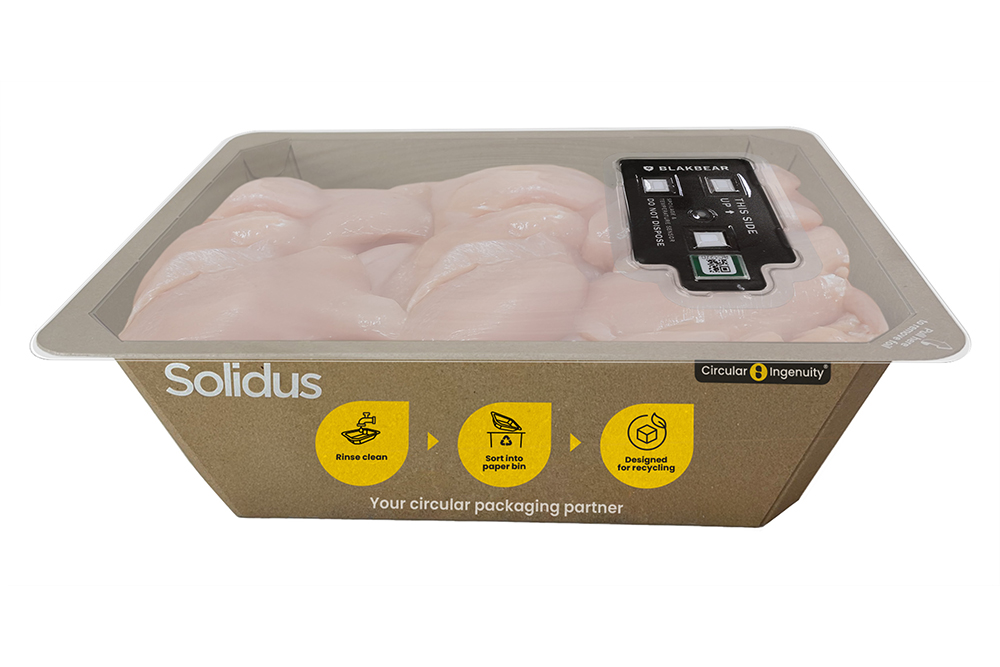Blog
EU packaging waste legislation: What businesses need to know going into 2025
With stricter packaging requirements effective as of 2025, companies must align their practices with evolving regulations, including the Packaging and Packaging Waste Regulation (PPWR).
The regulations will require a more holistic packaging approach moving forward, incorporating circular economy principles, such as sustainable design, material choice, reuse potential and end-of-life recycling.
A closer look at the new packaging regulations
The updated PPWR introduces significant changes to packaging material selection, aligning with the Circular Economy Action Plan (CEAP) and the EU’s commitment to waste reduction and keeping materials in circulation. Businesses are legally required to adopt sustainable and circular packaging practices.
Key updates include:
- Stricter rules on the recyclability and reusability of packaging materials.
- Ambitious targets for reducing unnecessary and single-use packaging.
- Enhanced Extended Producer Responsibility (EPR) obligations, requiring businesses to take accountability for their packaging’s entire lifecycle.
Solidus is already well-prepared and ahead of the curve with its commitment to sustainability and use of circular materials.

Industry-specific insights: addressing unique challenges
The impact of the EU’s packaging waste legislation varies across industries, with each facing distinct challenges and opportunities:
- Food and Beverage: Compliance often requires transitioning to renewable and food-safe materials. Fibre-based innovations are becoming essential for packaging fresh produce and single-use items, offering solutions that meet industry safety and sustainability standards.
- E-commerce: With a strong focus on minimizing over-packaging, businesses are exploring renewable materials and reusable shipping solutions to reduce costs and achieve recyclability targets without compromising functionality.
- Healthcare: The need for sterility and safety adds complexity to adopting sustainable materials. However, advances in recyclable fibre-based packaging are helping the sector navigate these challenges while maintaining compliance with strict standards.
By understanding these sector-specific dynamics, businesses can tailor their strategies to meet regulatory requirements while improving operational efficiency and sustainability.
Why act now?
The 2025 deadline for the EU’s packaging waste legislation is imminent. Businesses that delay action risk falling behind, facing penalties, or encountering operational disruptions. Transitioning early to materials like paper-based packaging, increasingly used to replace plastics in soft fruit packaging, can ensure compliance while addressing consumer demand for sustainability.
Starting early can also lead to cost savings, as lightweight, recyclable materials streamline production and reduce waste management expenses. Additionally, adopting sustainable practices—such as lowering single-use plastics– enhances brand reputation and builds trust with sustainable-minded consumers.
How to prepare your business
Preparing for the EU’s packaging waste legislation is more than a compliance task—it’s an opportunity to adopt smarter, more sustainable practices. Start by evaluating your current packaging processes to identify where recyclable or circular materials can replace traditional options.
Collaboration plays a crucial role in finding these solutions. Partnering with experts in packaging design and innovation can help give you tailored solutions that meet the new regulatory requirements and reduce your environmental footprint.
By adopting circular design principles and working with industry specialists, businesses can ensure their packaging aligns with the new guidelines while enhancing efficiency and sustainability.
Looking ahead: future trends
The 2025 packaging waste legislation marks a significant shift, but it is just the beginning of the EU’s journey toward sustainability. Businesses should prepare for emerging trends and innovations that will reshape the packaging landscape in the coming years:
- Smart Packaging: Technological advances are enabling the development of intelligent packaging solutions. These include QR codes and sensors that track packaging life cycles, optimize recycling, and provide valuable data on material usage. Such innovations enhance operational efficiency and align with consumer demand for transparency and accountability.
- Reusable Packaging Solutions: As e-commerce grows, demand for reusable packaging systems increases. These solutions, particularly in retail and food delivery sectors, reduce waste and offer a cost-effective alternative to single-use materials.
- Regulatory Evolution: Beyond 2025, the EU may expand its bans on single-use plastics and introduce stricter standards for carbon footprint reporting. Companies that adapt now will be better positioned to navigate these evolving regulations.
By staying informed about these trends and adopting forward-thinking solutions, businesses can maintain a competitive edge, meet evolving consumer expectations, and contribute to a more sustainable future.
Building a sustainable future
Adapting to the 2025 EU packaging waste regulations is not just about compliance—it’s about future-proofing your business and embracing innovation to support a circular economy.
Solidus is a proactive partner that can help you comply with evolving packaging waste legislation with innovative solutions tailored to your needs. Contact us here to learn more.


